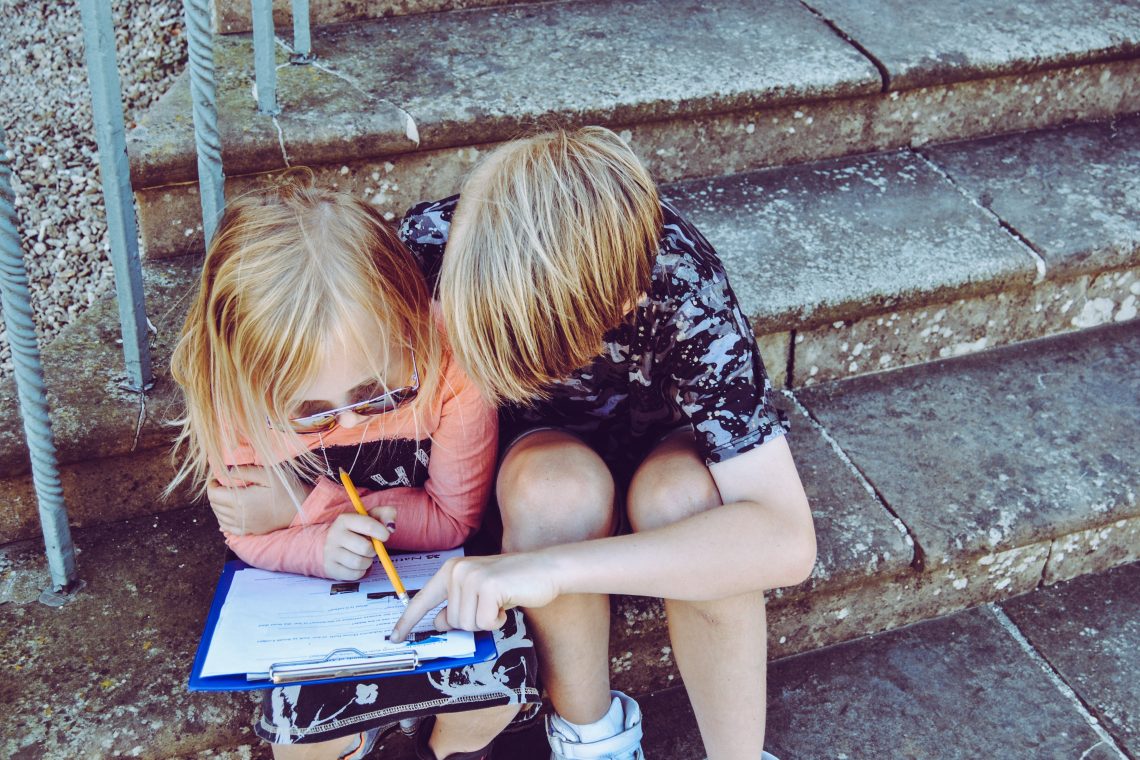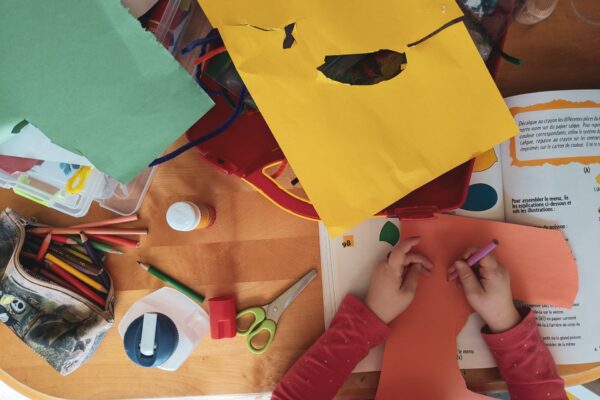Homework Struggles
Are your children having difficulty getting their homework done? Are you having a hard time stimulating your child to settle down and concentrate on getting their daily school work done? Is everyday a battle to get it done? Do you stress when it’s time to do it?
Discipline needed to buckle down and get home work done is a lifelong skill your child will need! Practicing study skills polishes the lessons presented in school. It also prepares children for the lifelong process of getting done what has to be done. We all have a list of things we have to do through the day that we really do not want to do but have to. Teaching children to work through those feeling and really getting it done is a valuable skill to learn.
So how do you help a resistant child to ‘just do it’? Here are some things you can do that will up the odds that he / she will sit down and get it done:
• Give the child time to run and play first. Pencil and paper brain activity is strictly related to physical activity. So rather than have them sit down to homework as soon as they come home from school, give them some time for activity. Playing outside, jumping, dancing or anything that allows them to release the control they’ve had to use all day will prepare their brain for more mental work.
• Have a routine with a predictable time and place for homework. For example ,haps your family will plan for homework after outside time but before dinner every day. The key is making this a daily routine.
• Prepare the environment. Establish a quiet place for homework. Make it a clear place with no background distraction. Turn off all media within hearing space. Be sure you have needed materials all together – pencils, pens, erasers, rulers, marks, etc.
• Interact with your student only when asked for help. Allow your child to do as much of his homework by himself as he can. Be available for questions and small helps but there is no need to hover or nag! If you find the child is having a hard time starting you can help him focus by breaking the task into steps. For example, if he has a whole page of math problems, he could break it down into rows. “Can you do the first row”? Hand him the power to set his own goals. “How much do you think you will get down before dinner”? “What is the first thing you are going to do”?
• Stay informed on the concepts your child is learning and find new ways to practice them. For example, writing and spelling can be practiced in journaling or writing notes. Practice in many situations helps lock in the lessons. Math can be practiced by adding and subtracting your checkbook (double check it yourself!).
• Have fun and make the time comfortable not punitive! The brain emits chemicals that make learning difficult when in a stressful environment.
• Finally, let the child own his own homework responsibility. If he does not do the work, allow him to take the consequences. Mistakes / bad choices are the best teachers!
Source by Jeanne Labana
Article Source: EzineArticles.com










